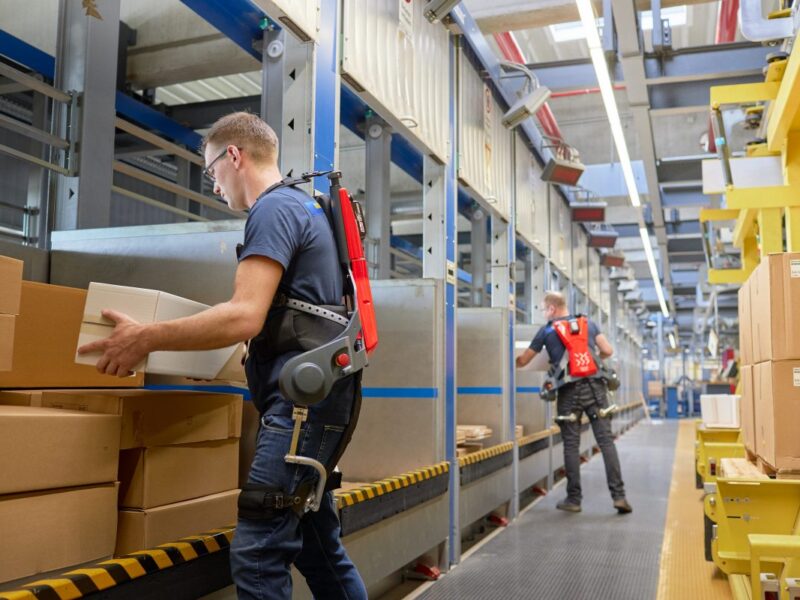
After two years of the pandemic, we are finally seeing an easing of covid restrictions around the world, global logistics is still exposed to risks associated with changes in the supply chain due to COVID-19. In the spring of 2022, the Russian war against Ukraine and sanctions for the aggressor became a challenge for global cargo transportation. At the same time, traditional routes in these regions have changed. Analyzing TT Club claims and data from BSI on losses in supply chains makes it possible to identify risks and pay attention to cargo protection measures during transportation.
The threat of fraud
The main cause of losses during cargo transportation is fraud. The number of cases related to data theft and penetration into control systems and the formation of electronic documents is constantly growing. Cyber fraudsters often become more active in times of chaos and uncertainty, the flow of information is constantly growing, people do not always act rationally and feel anxious, devote less time to checking documents and messages. The flow of phishing emails is increasing, with the help of which fraudsters get access to personal data or can launch viruses using malicious links. Every company manager in the supply chain should take into account that digitalization both increases work efficiency and opens up new frauds for fraudsters.
How to protect yourself?
In order to reduce the risks of cyber fraud, it is necessary to collect information about threats, train employees on the rules of Internet security and conduct control surveys with verification. This will provide employees with information about current cyber risks and the ability to recognize signs of potential danger. Cybercrimes can be committed both on behalf of state bodies and private companies or one person. Nowadays, due to the increase in the number of cyber attacks, all supply chain participants should make sure that their employees are trained and vigilant when working with emails, documents and banking transactions.

